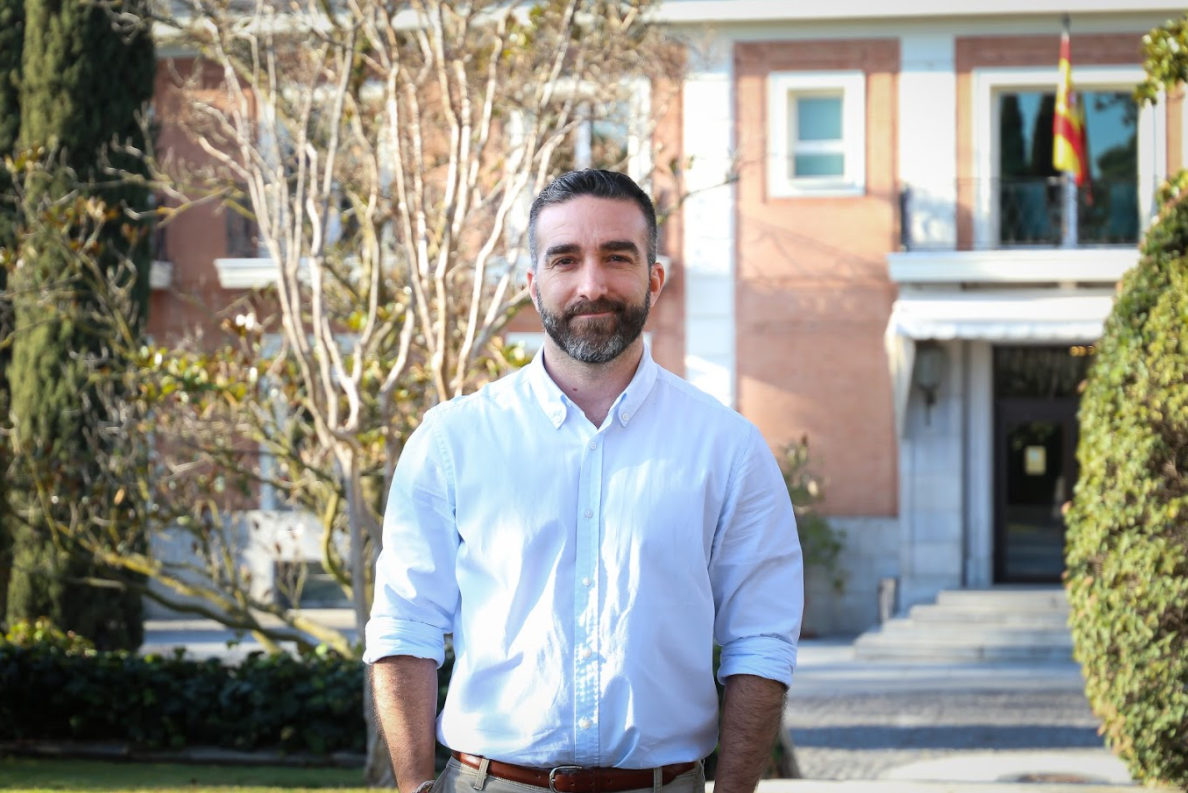Home to unicorns Glovo and Cabify, the combined value of the Spanish startup ecosystem has reached €46bn — a more than 300% increase from 2015.
It’s seen rapid growth since the 2008 economic crisis, which weighed heavily on the country, pushing many Spanish graduates to move abroad in search of other opportunities. 87,000 highly skilled workers have left the country over the last decade, citing a lack of opportunities or in search of better wages, job offers and quality of life.
Youth unemployment in Spain has also been relatively high, leading the Spanish government to issue bonuses to help young people move out of their family homes.
Brain drain is a common problem [...] In the last decade, some of these brains have returned with new experience
But things are changing: employment has exceeded 20m people for the first time since 2008, and thanks to a new generation of founders and the organisations supporting them, young talent is flooding back.
“The phenomenon of brain drain is a common problem that affects several countries in the Mediterranean, including Spain,” says Antonio Rodes, chief executive of Spanish tech startup hub Comunitat Valenciana Digital District. “In the last decade, some of these brains have returned with new experience and opportunities to enrol in new companies established in the area or to establish new companies themselves.”
Increased investment means more startups
Investment into Spain’s startup ecosystem is flourishing.
According to Dealroom, the country has one of the fastest growing startup ecosystems in Europe for VC investment. VC investment reached an all-time high of €1.9bn in the first six months of 2021 — more than all of 2020.
Local investment has also increased the availability of early stage capital. According to StartupRiders, Spain is home to 62 angels and 84 seed funds.
Making headlines are Valencia-based Zeleros, which recently bagged €7m to take on Richard Branson in the hyperloop race, and startup Bioo, which is making batteries from rotting soil.
But while higher-profile startups have enjoyed lots of new funding, other early stage startups are using increased capital to emerge with new innovations.
Rodes says Digital District has partnered with a number of innovative companies, such as esports startup Dodit, which creates educational games and has recently partnered with Finnish startup Nitro Games, as well as ehealth startup AVAMED, which aims to improve patient care by using tech to plan surgeries.
Another is Orizon, which measures technical performance and coding inefficiencies, and has had its R&D recognised by the European Commission. Rodes says Orizon is “an excellent example of the success of a startup in the region of Valencia”.
Five tech hubs are better than two
Madrid and Barcelona are the most established startup hubs in Spain — Madrid is in close proximity to political power and Barcelona’s “Silicon Valley,” Districte de la innovació, is home to a growing number of tech companies.
But unlike most other countries in Europe, Spain isn’t dominated by just one hub — other tech centres such as the Valencia region, Andalusia and the Basque Country are equally valuable.
Digital District supports tech startups in the Valencia region, a Mediterranean territory internationally recognised for tourism and for its commitment to innovation, on the eastern coast of Spain.
The Valencia region is the fastest growing startup ecosystem in Spain with the most startups per capita, according to the Spanish Research Institute.
“We are one of the new growing hubs,” says Rodes. “We are supporting the developing ecosystem of startups, knowledge centres, investors and corporates that are already operating in the area.”
Supporting startups
Rodes says Digital District works with the government in Valencia to retain professionals in the tech sector, by providing coworking spaces and helping finance early stage businesses.
“We provide spaces, support and dynamisation of the ecosystem,” he says. “We also help startups and emerging companies to find the best ways to finance their young projects.”
Rodes adds that Digital District acts as an “intermediary” between training centres and the business world. He says research institutes such as the Instituto Tecnológico de Informática (ITI) also play a part in boosting the Valencia region’s talent, which can turn into businesses.
Attractive for expats
For Rodes, reversing the brain drain in Spain isn’t just about retaining Spanish talent, but also attracting international talent.
As international investment into the region has increased, so has the number of expats.
At the start of the year, Spain was ranked as one of the healthiest places to live and Valencia was ranked as one of the healthiest cities to live in. Rodes says a low cost of living and good weather make it an attractive place to live as well as work.
“We see many expats co-creating new businesses,” he says. “As a result of returning home or digital nomads coming to work and supporting businesses due to the tourist and lifestyle appeal of the area."
Alongside entrepreneurship and investment, organisations like Digital District offer workspaces, events and training programmes, as well as business opportunities for companies and startups.
Companies participating in the project Digital District have access to multiple services, aimed at facilitating their installation in the hub, expanding their training, creating synergies with other startups and companies, and outsourcing their business.



